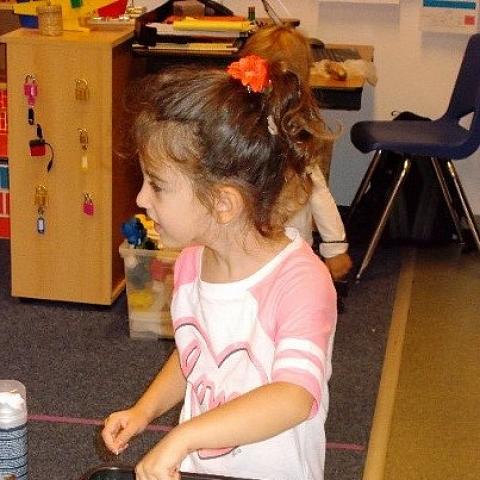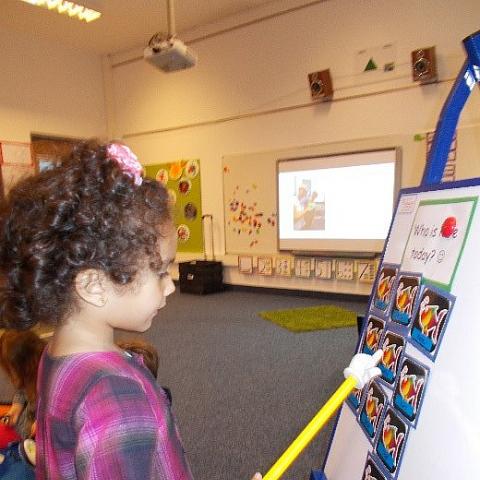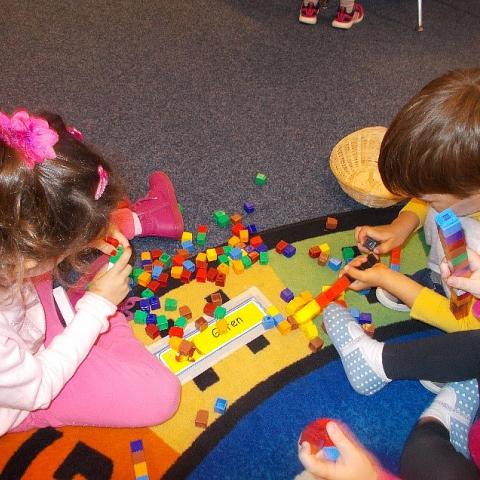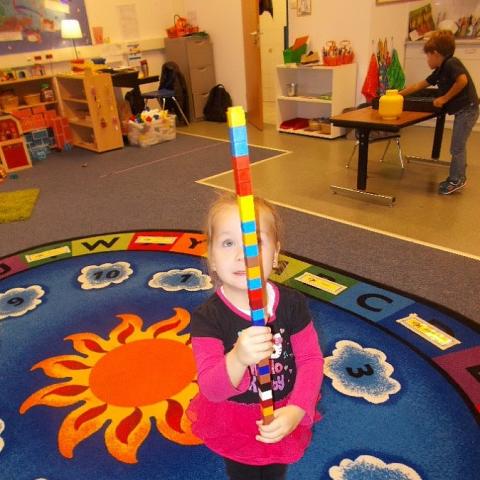(P) Value of play in early childhood

By Rosella Diliberto, Amy O’Rourke & Ana Popescu, AISB Early Childhood Teachers
“Play is the highest form of research” Albert Einstein
Research has amply shown the educational value and potential of play in the early years and how play provides children with countless opportunities to explore, investigate and interact with the physical and social world. Through play, children experience and develop self-regulation, problem-solving abilities, language and motor skills, cognition and social–emotional competencies.
At AISB, we believe and foster the notion that through play and intentional teaching, children have possibilities to develop attributes of the International Baccalaureate learner profile as well as achieve learning outcomes that are developmentally and educationally sound and appropriate. Children in our early learning program participate in numerous forms of indoor and outdoor play ranging from spontaneous, independent, parallel, associative, and cooperative play to dramatic, competitive, physical, and constructive play. Our teachers offer children focused time and opportunities within the daily and weekly schedule to actively engage in a variety of play experiences that intentionally support children’s emotional, social, cognitive, language, physical, creative, and aesthetic development.
It is through play that young children become progressively adept at being part of a group of learners in our school community. Play is where children construct and negotiate meaning using their creativity and imagination. Teachers help children enter into play, honor child-initiated play, scaffold, sustain, and enhance play. They do so by being responsive to the children’s interests, designing intentional provocations in the environment and creating units of inquiry that are developmentally rigorous and relevant to our young learners. Students are repeatedly afforded plentiful opportunities, alone and with others, to engage in various kinds of exploration and manipulation of ideas, concepts, and materials.
Teachers carefully observe and systematically document children’s play to understand the relationship and impact of play on key educational and developmental goals. Furthermore, teachers enhance learning when they engage and challenge children in reflecting on and symbolically representing their learning. Individual and group play become constant possibilities for developing working theories, decision-making and problem solving, and for generating depth and complexity of thought around self, others and the environment.
Valuable insights can be gained through the observation, analysis and interpretation of our young learner’s play. During play, children display the degree to which they are able to apply the 5 essential elements of the Primary Years Program:
- Concepts;
- Knowledge;
- Skills;
- Attitudes; and
- Action.
An Early Years teacher will pay special attention when creating the play environment. Our aim is to provide a space in which children can become deeply immersed in their play. They are given opportunities to communicate, pretend, create, solve problems, and take risks.
Play has no right or wrong answer; therefore, a child is free to test his or her understanding without any fear of getting something wrong.
An early years teacher knows that during play a child is performing at his or her highest form of functioning. It is during this time that important discoveries and connections are made. The teacher’s role is to observe and record the student’s thinking. In doing so, assessing individuals’ understanding and planning for future learning engagements is made possible.
Structured play, which is more adult-directed, allows for planning and assessing of specific learning goals. Teachers can then encourage the next milestones in a child’s development.
(p) - this article is an advertorial

















